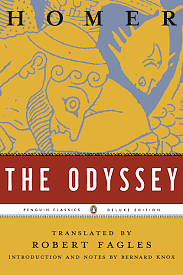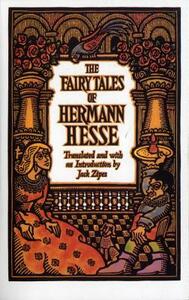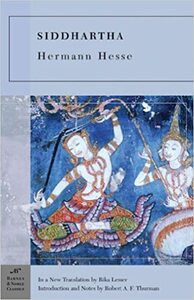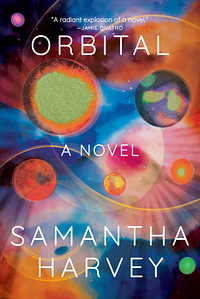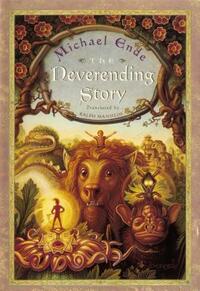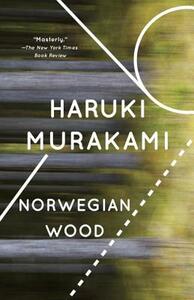Take a photo of a barcode or cover
iratyde_author's Reviews (90)
A wonderful little book, shining a light on humanity from the indifference of space. I was very curious as to how she researched it.
A most wonderful story about the value of listening and the richness of imagination and the inner world. My favourite.
How does humankind thrive? Through stories. What is the worst enemy of stories? Nothingness.
Bastian, who experiences a non-responsive father and isolation after the death of his mother, must travel to Fantasia, land of stories, imperilled by the great nothingness, to learn his own strength and weaknesses through saving Fantasia and muster the courage to heal not only himself, but his father, too.
Bastian, who experiences a non-responsive father and isolation after the death of his mother, must travel to Fantasia, land of stories, imperilled by the great nothingness, to learn his own strength and weaknesses through saving Fantasia and muster the courage to heal not only himself, but his father, too.
I read this book as it served as an inspiration to Mark Frost’s and David Lynch’s Twin Peaks (Lynch himself in one of his late interviews admitted that it was always about Marilyn) and by extension, Mullholland Drive.
To quote one of the early quotes (Norman Rosden) in the book:
“The industry giveth, and the industry taketh away. Hollywood, the dream factory, had created a dream girl. Could she awaken to reality? And what was the reality? Was there a life for her outside the dream?”
A well researched and documented chronicle of a life that impacted many.
To quote one of the early quotes (Norman Rosden) in the book:
“The industry giveth, and the industry taketh away. Hollywood, the dream factory, had created a dream girl. Could she awaken to reality? And what was the reality? Was there a life for her outside the dream?”
A well researched and documented chronicle of a life that impacted many.
Read this after The Wind-up Bird Chronicles and now in need for another ambiguous review here.
What riles me the most about Murakami, I think, is that he imbues female voices with male fantasies, as if they have to step in for feelings the male protagonist is not allowed to have. The psychology of women, frankly, makes no sense. His male protagonists, in contrast, while vying to be ethically sound, end in repressed depression with a weird fascination of violent, ethically unsound men up to all sorts of dark deeds.
Having said that, even through the warped points of view, Murakami is one of the most truthful storytellers of our time. There is little pretentiousness in the way his first-person narrator, Toru, experiences the world. The sensitivity and vulnerability that is portrayed from that perspective is utterly believable and heart-wrenching in its fragility. That pain is real.
“In woods as dark as the depth of her own heart, she killed herself…” — Murakami, Norwegian Woods.
What riles me the most about Murakami, I think, is that he imbues female voices with male fantasies, as if they have to step in for feelings the male protagonist is not allowed to have. The psychology of women, frankly, makes no sense. His male protagonists, in contrast, while vying to be ethically sound, end in repressed depression with a weird fascination of violent, ethically unsound men up to all sorts of dark deeds.
Having said that, even through the warped points of view, Murakami is one of the most truthful storytellers of our time. There is little pretentiousness in the way his first-person narrator, Toru, experiences the world. The sensitivity and vulnerability that is portrayed from that perspective is utterly believable and heart-wrenching in its fragility. That pain is real.
“In woods as dark as the depth of her own heart, she killed herself…” — Murakami, Norwegian Woods.
